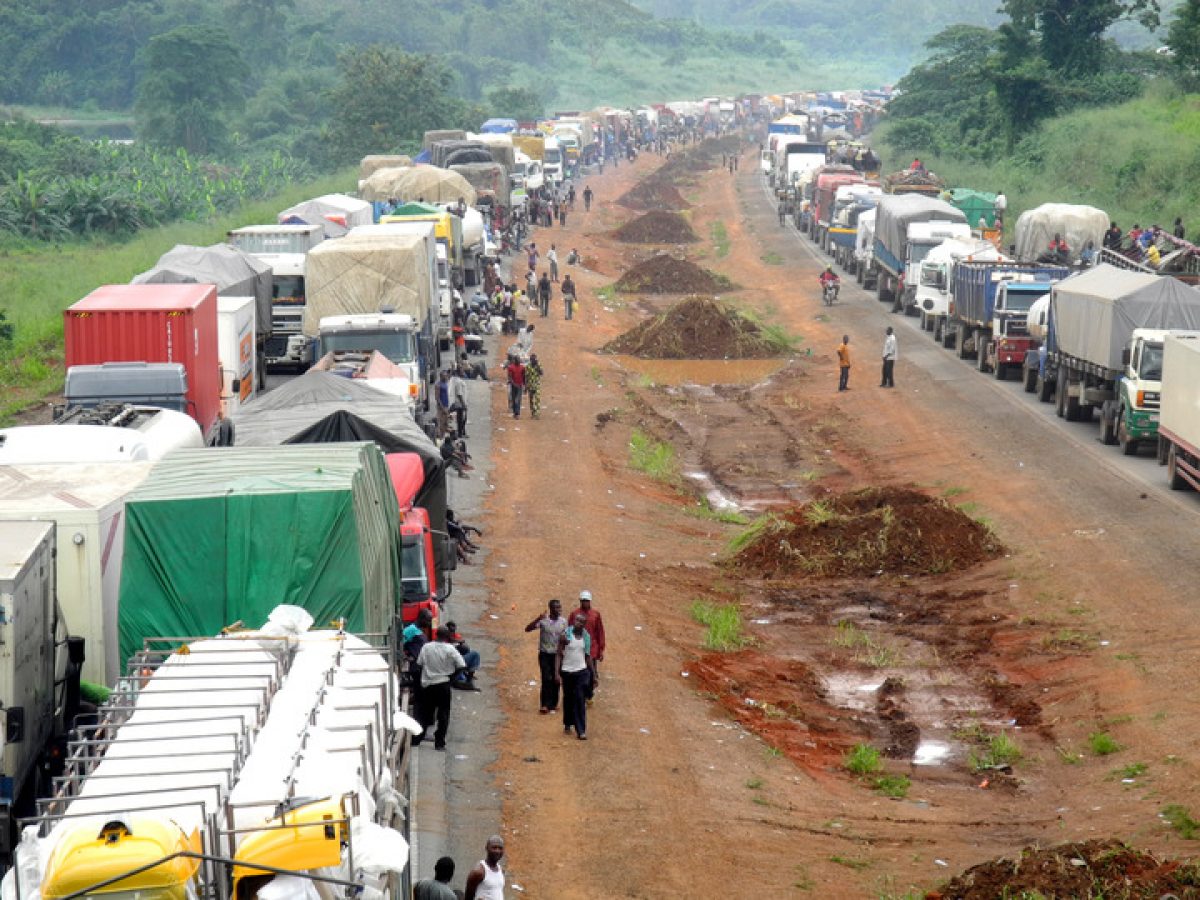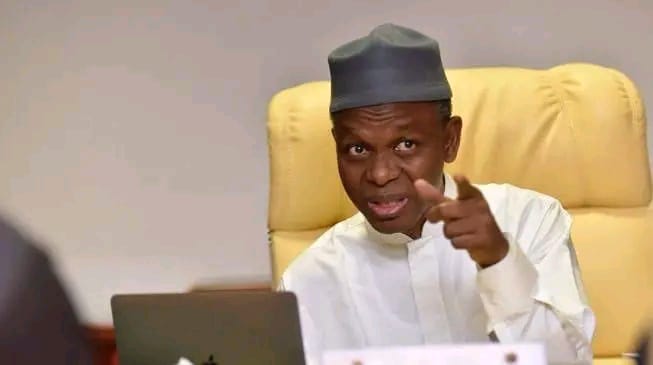Driver’s killing: Protesting tanker drivers remove vehicles after negotiations in Zaria
By Uzair Adam Imam The Zaria-Kano Highway has been reopened after two days of blockage by the protesting tanker drivers in the area. It was reported that the drivers protested…

